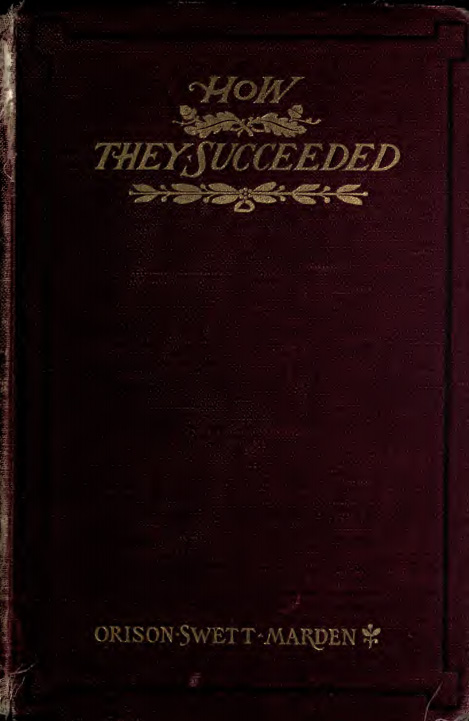
In his 1939 brilliant work “A technique for getting ideas” James Young Wood, by declaring the importance of unconscious part of our brain in getting ideas, asserted that-“It will come to you when you are least expecting it - while shaving, or bathing or most often when are half awake, in the morning. It may wake you in the middle of the night. This is the way ideas come: after you have stopped straining for them, and have passed through a period of rest and relaxation from the search”. Without understanding the power of our unconscious part of brain we seldom comprehend full capacity of it. Our unconscious part of the brain is the backstage where our immature ideas get cooked and evolve to a perfect dish. To understand and to know how to use it is critical for generating and executing ideas that work. In 1901, How they succeeded: Life stories of successful men told by themselves, Alexander G. Bell’s statement on our unconscious celebration echoes the very claim of Napoleon Hill who said in 1938 that “the imagination is literally the workshop wherein are fashioned all plans created by man. The impulse, the desire, is given shape, form, and action through the aid of imaginative faculty of the mind ". Bell said:
I have heard of people dreaming inventions. That is not at all impossible. I am a believer in unconscious cerebration. The brain is working all the time, though we do not know it. At night, it follows up what we think in the day time. When I have worked a long time on one thing, I make it a point to bring all the facts regarding it together before I retire; and I have often been surprised at the results. Have you not noticed that, often, what was dark and perplexing to you the night before is found to be perfectly solved the next morning? We are thinking all the time; it is impossible not to think. "
Everything is process. And the learning is an ongoing and life long process and one can’t do it all along. The very idea of our conventional education system that makes us to learn everything within a certain time frame and kills our insatiable thirst for learning does not support this very idea of continuous learning and study. Consequently, our process of learning stops with the end of our formal education. According to Bell study is an act of perseverance and we can’t learn everything within a time frame of five years. In response to a question about the importance of study for success Alexander Graham Bell said:
“No; decidedly not. You cannot force ideas. Successful ideas are the result of slow growth. Ideas do not reach perfection in a day, no matter how much study is put upon them. It is perseverance' in the pursuit of studies that is really wanted.”
Then he comes to the very critical question whether we should read/study everything or we should be selective. Although, Bell’s assertion-one should study only those things that give one a grasp of practical affairs that are helpful-contradicts one of the fundamental characteristics of knowledge that says no knowledge is isolated and interconnection among various branches of knowledge only makes sense but his idea of study also gives us a way to meditate on what to read and why. Bell said:
"On the contrary, I did not begin real study until I was over sixteen. Until that time, my principal study was-reading novels. They did not help me in the least, for they did not give me an insight into real life. It is only those things that give one a grasp of practical affairs that are helpful. To read novels continuously is like reading fairy stories or" Arabian Nights" tales. It is a butterfly existence, so long as it lasts; but, someday, one is called to stern reality, unprepared."
Complement with How to be successful: 9 rules for success from British Novelist Amelia E. Barr, Talent is overrated. Without focus and endurance you can’t accomplish anything: Haruki Murakami, & Building anything amazing is chemistry
